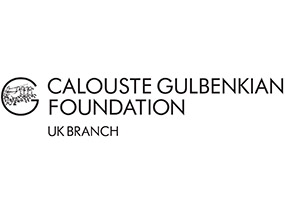Empathy
Leaders need to be constantly ready to recognise the constraints that others face and to acknowledge and respect the efforts they are making. They need to have high expectations and provide clear direction and reasonable boundaries. All of these behaviours need to be built on a foundation of kindness and compassion – yet, despite all this, they should not expect to be liked. I was discussing management issues with an HR Director the other day on one of our courses who said she had lots of little signs around her office and one of them said ‘Its’s not all about you’ – she said ‘that one is a personal reminder to me’.
It is important that Boards are aware of the loneliness of leadership and formalise proper support for their CEO. I have worked with so many of our ITC CEOs who regularly appraise their staff but have never had an appraisal themselves. Boards can learn a lot from the process too especially if the Chair actively seeks confidential feedback from staff and stakeholders before conducting the appraisal.
I was working with one of our CEOs recently helping her to process a particularly difficult HR issue that she and the company had been through. The board had done their best to support her, but she still felt extremely isolated and had lost her confidence. She was surprised to discover that so many small arts organisations had faced similar challenges and was also unaware that ITC exists to help in these situations – we do!
ITC has extensive experience of supporting the leadership of our member organisations with a wide range of issues relating to employing people, planning, strategy, problem solving, negotiating, dispute resolution etc. We are here for Managers, leaders and boards (wherever the leadership responsibility falls). If the buck stops with you, we are here to help. ‘When the shit hits the fan’, we are a good place to start looking for assistance. There is no limit to how often members can pick up the phone to consult us. ITC is also a community of leaders and we find that members are very keen and willing to support each other. We learn a lot from problem-solving with our members. Obviously, our advice and support are always confidential, but it helps us to do our work better if leaders involve us when things go wrong.
We know that decisions are hard and require a safe space to explore the implications. We know the real stories behind the public communications, and we have the greatest respect for the integrity and good motivation of the leaders who have had to manage challenging situations. Leaders in small arts organisations are very exposed, have huge expectations and responsibilities placed on them. You don’t have to do it on your own. Make good use of your board. Help them to help you. Make good use of ITC. Everything we learn from working with members is used to strengthen the leadership of the sector.
Finally, for anyone wrestling with the vicissitudes of leadership I would like to strongly recommend walking 150 miles beside the Atlantic Ocean in Portugal!
This article was originally published on the ITC website here and has been republished by the CGA by kind permission of Charlotte Jones and ITC.


